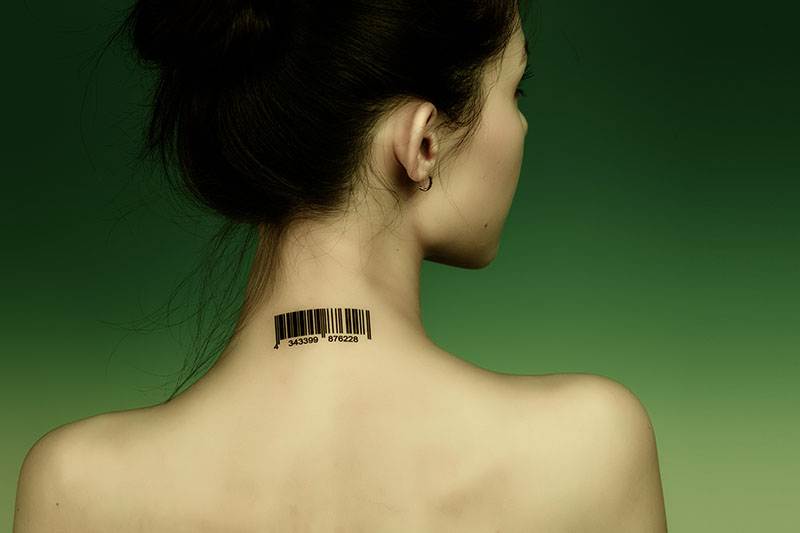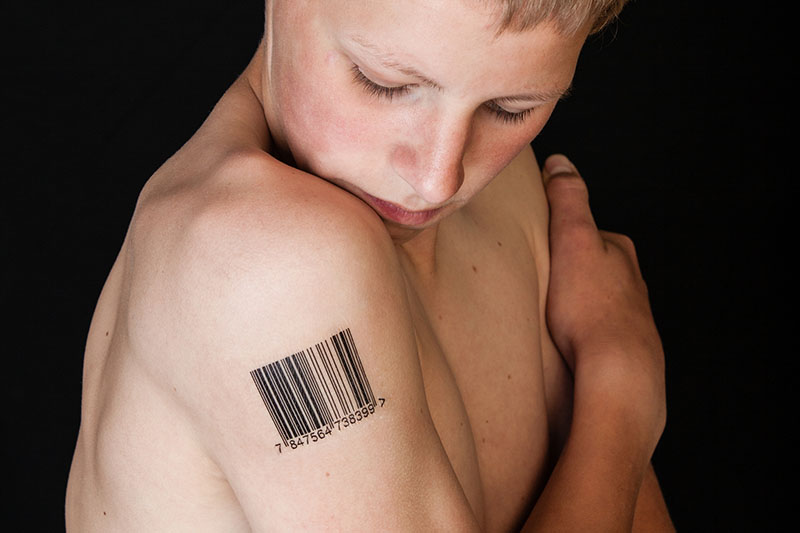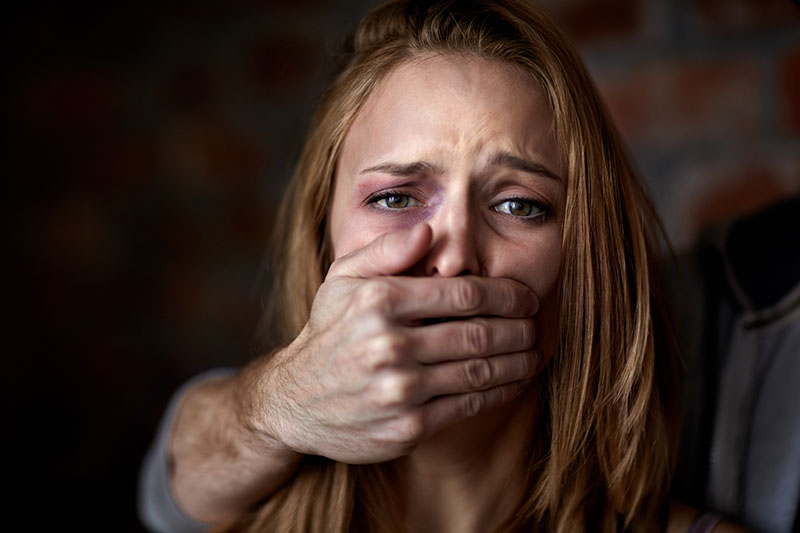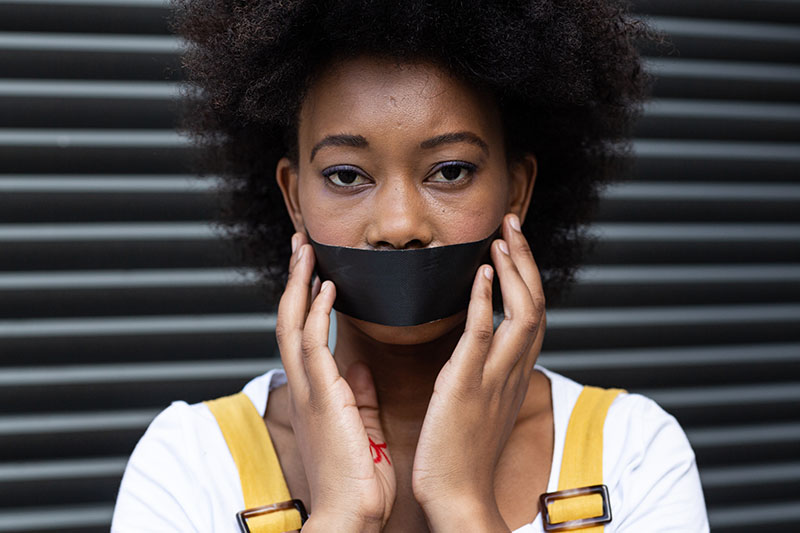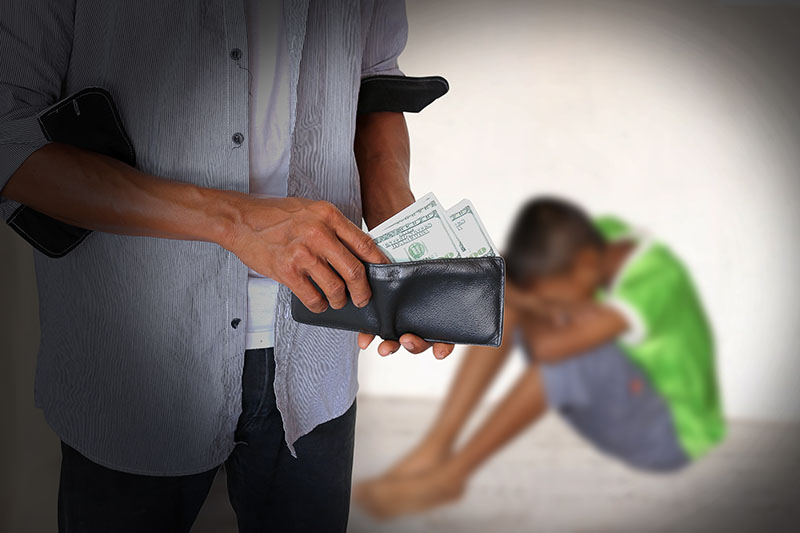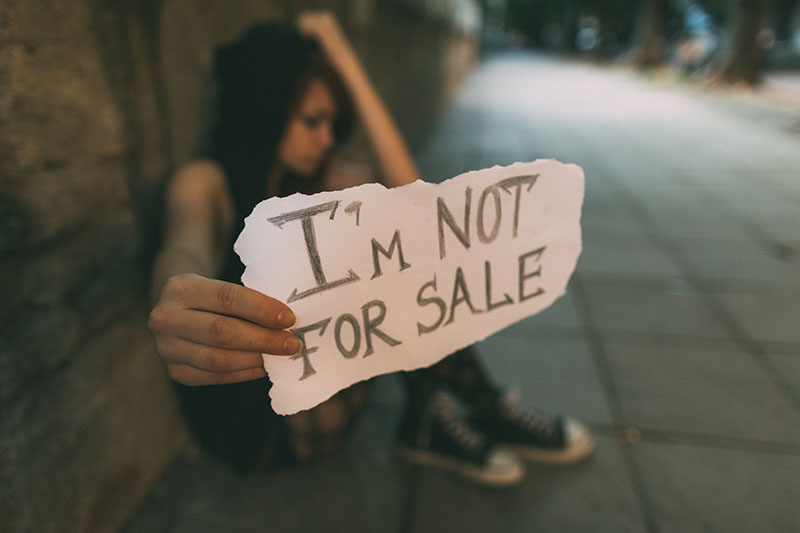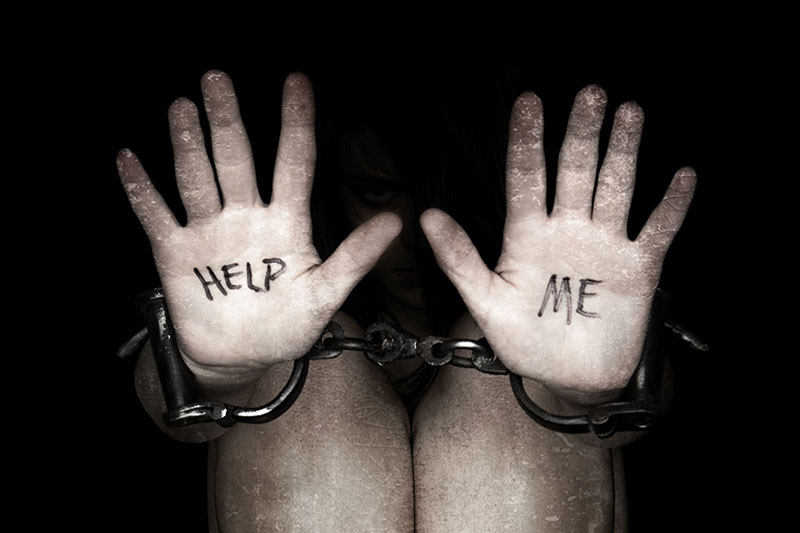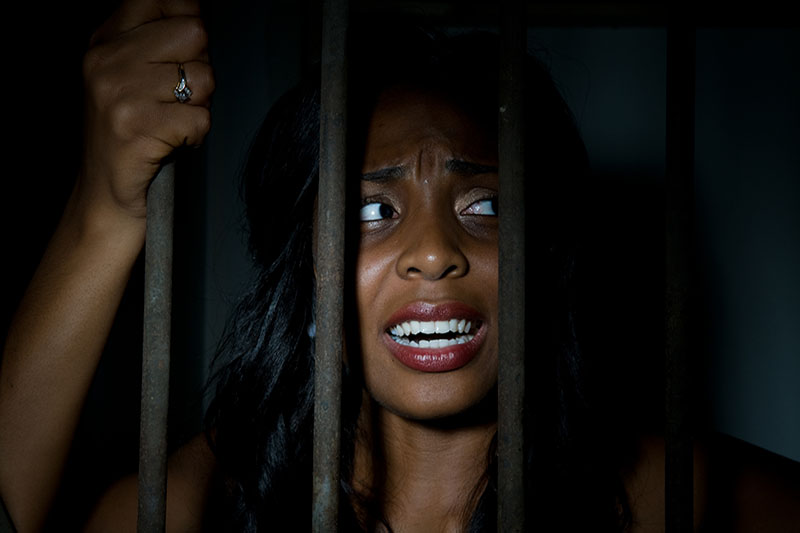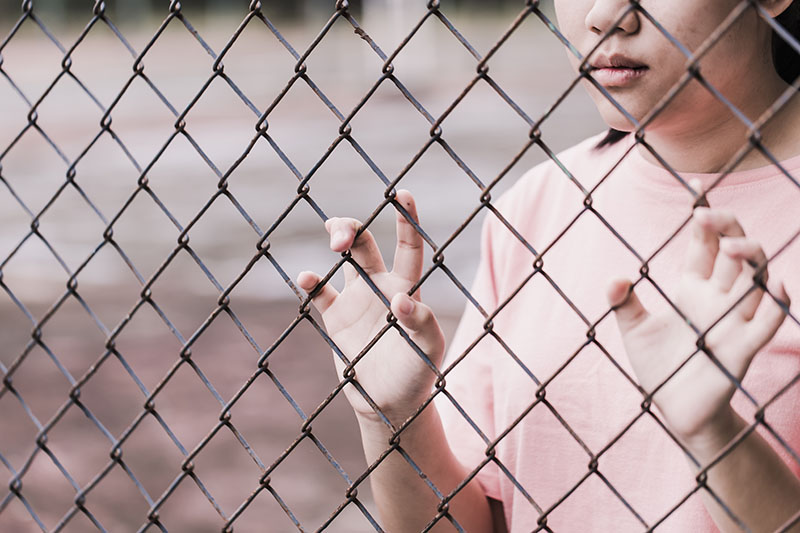Glossary of Terms
As content creators, you know that language matters. In the anti trafficking movement, this is particularly true. The words you use in reference to the sex trades in particular often carry weight far greater than you may have intended. Here’s what you should know:
Sex trafficking and the sex trades
Decriminalization
The anti trafficking movement is largely united around the idea that no one should be arrested for providing sexual services. Arresting people for directly selling sex helps no one and actually makes things worse for people in trafficking situations, saddling them with criminal records that can derail their lives when they manage to leave the trafficker. But the movement is sharply divided over the more nuanced question of what else around the sex trade should be decriminalized:
Supporters of full decriminalization believe that selling sexual services should be a choice and that a fully legalized environment will keep people who choose to be in the sex trades safer.
Supporters of partial decriminalization believe that full decriminalization will bring more sex buyers into the marketplace, but will not lead to a corresponding increase in the number of people voluntarily choosing to sell sex. That will result in a market imbalance and traffickers will step in to recruit more victims to fill the gap.
Where you fall in this debate, and it is an extremely complicated and hard- fought one, will then shape which words you choose to describe various aspects of and roles within the sex trades.
“One thing that drives me crazy is the whole idea of being a voice for the voiceless. I had always had a voice, even when I was being trafficked, so I find that offensive.”
– A survivor of human trafficking
Rescue language
U.S. law has only recognized human trafficking as a crime since 2000. For years after, much of the work of fighting trafficking – particularly adult sex trafficking – involved helping law enforcement and government to see people as victims who they were used to thinking of as “criminals.”
To do so, many adopted language and tropes that simplified the extremely complex nature of trafficking into a more digestible and compelling narrative – of villainous evildoers, damsels in distress, and swashbuckling heroes.
But the truth is, adults in sex trafficking situations generally do not see themselves as victims while in the situation. And so they do not want or need “rescue,” in any physical sense. And if you try to get someone out of a trafficking situation before they are ready, they will likely return.
One survivor remembers an FBI agent telling her, during her trafficking situation, that she could help her get away from her pimp. The survivor says she was confused at the time. “He isn’t my pimp, I told her. That’s ridiculous. He’s my boyfriend.”
Today, our understanding of adult sex trafficking has evolved. It’s understood that that oversimplification and dramatization – use of certain tropes and language – is not only inaccurate but actually harmful because it creates a false picture of the problem, which leads to ineffective solutions and harm to survivors.
“You can’t rescue a person being trafficked. What you can do is create an opportunity for that person to leave.”
– A survivor of human trafficking
“Words like ‘rescue’ turn people off from getting help. It’s too dramatic, like you’re hanging off a side of a cliff. But when you are in the situation, you don’t think you are being trafficked, you just think this is your life. So you don’t recognize yourself.”
– A survivor of human trafficking
Modern slavery
In the United States, the term modern slavery is generally used for emphasis or as a descriptor – as in, “human trafficking is modern slavery.”
In Europe, the term is much less controversial and is widely used in place of human trafficking. In some countries, like the United Kingdom, “modern slavery” is the legal term for this activity.
Some organizations, including Polaris, have chosen to use this as rarely as possible in order to reserve the term slavery for the incomparable institution of chattel slavery in the United States.
The language of blame
Sometimes sentence construction makes all the difference in how people understand trafficking. Specifically, certain sentence constructions imply the person selling sex has chosen to do so, while others suggest that this person may be in a trafficking situation.
“I did not conceptualize what he was doing was exploitation, I just thought it was par for the course. It was what I thought was my life. When you come from a life of abuse, things that might tip other people off aren’t a red flag for you.”
– A survivor of human trafficking
Imagery
Pictures are indeed worth countless thousands of words, but they are also problematic in the anti trafficking world because they can reinforce stereotypes that paint a false picture of how trafficking looks. These kinds of images can also reignite trauma responses for survivors as they are reminded, graphically, of what it feels like to be treated as less-than-human. Below are some of the worst cliches and stereotypes:
